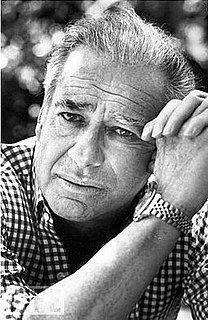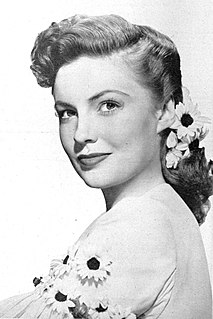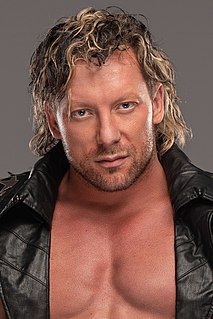A Quote by Shailene Woodley
When you're on set and you professionally listen to what the other actors have to say, then the emotion is naturally evoked.
Related Quotes
The only way of expressing emotion in the form of art is by finding an "objective correlative"; in other words, a set of objects, a situation, a chain of events which shall be the formula for that particular emotion; such that when the external facts, which must terminate in sensory experience, are given, the emotion is immediately evoked.
I don't want to be like the actor who rehearses everything in the bathroom, then comes to the set and carries on completely uninterrupted while the other actors tiptoe away. I'm so dependent on reacting to the other actors on the set, and to the director. I'm very responsive. I react. And I treasure the energy that reaction gives. I feed off that and work off that. I don't like to be too prepared, no. However we define too prepared, if I feel it's getting that way, then I'll back off. My line-learning is very special. I like to learn the dialogue of the whole film before I arrive.
One of the good thing about theater in the states, is that the playwright we do have a say, especially in the beginning, when the play is being discussed around the table. We talk about the play, and the actors listen, and there have been cases, you disagree on something... I mean, actors don't usually tell you what they're going to do, they do it. Of course, you try to speak with the director and say, "Is there any way you can bring this actor to do something different?" You try as much as you can, but then, you also have to be open to interpretation.
I find it rather tedious working with some actors who have to go into a corner and bounce up and down, shake their hands and arms, saying to the director, "Just a second - I'll be ready in a few minutes, " while all the other actors are waiting around to get in. Then they say, "OK! I'm ready now." And then they come on and do it exactly the same way they've done it in rehearsal.
I think the key that differentiates the good actors from the mediocre ones that are still trying to come up, is that the good ones know how to listen. It's like being in a jazz band. They know how to listen to what the other musicians are playing. And where to come in and where to sit out. That's my approach to being in an ensemble cast and working with any kind of actors in a scene.



































